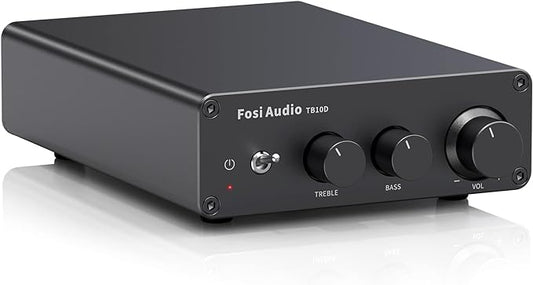What matters most
by Paul McGowan
In yesterday's post I suggested that to answer to the age old question, are bits just bits, requires us to first change the question.
The question we should be asking is, how can identical bits sound different when played back on different hardware. Asking the opposite–how can identical bits sound different–is a circular question with only one correct answer: they cannot.
For clarity sake, let's all agree that stored data is the same regardless of its storage medium: solid state hard drive, mechanical hard drive, USB stick, optical disc. Armed with these sets of facts, let's dive in and see how things might differ.
Take for example the fact that nearly every CD transport made sounds different, then add to that disc treatments, like cleaning and optical enhancers, seem to further improve performance, and a pattern begins to emerge. Identical data sounds different depending on the mechanism delivering that data.
Optical data has no timing information included on the disc itself. Same with hard drives. Data, is data. Timing information associated with retrieved data is added later. In the case of a transport, a variable clock is used to send bits out to the DAC. That clock within the transport becomes the master timing element for the DAC - and it must be variable. Why? Because the output speed of the optical reading mechanism varies according to the quality of your disc, and where it is reading–beginning, middle or end. These timing changes are what make the audible differences, not the bits themselves.
Realizing what causes these issues is what lead us to develop the PerfectWave Memory player. Simple in concept, the memory player uses a big buffer to store the data retrieved from the disc before delivering it to the DAC. Why does that matter? It matters because of just one thing. It permits the use of a fixed, low jitter clock–where all other transports must rely upon a higher jitter variable clock. Is it perfect? No, certainly not. But we arrive closer to perfect by employing this simple idea.
Viewed from afar, it's tempting to think the memory player is performing some magic–because discs just sound better. But the truth is, it isn't better, it just isn't as bad.
And perhaps that seems a silly distinction, but I would argue that demystifying magic helps us understand what's really going on in an increasingly complex world.
Tomorrow, let's look at why solid state vs. mechanical hard drives sound different.
- Choosing a selection results in a full page refresh.
- Opens in a new window.








